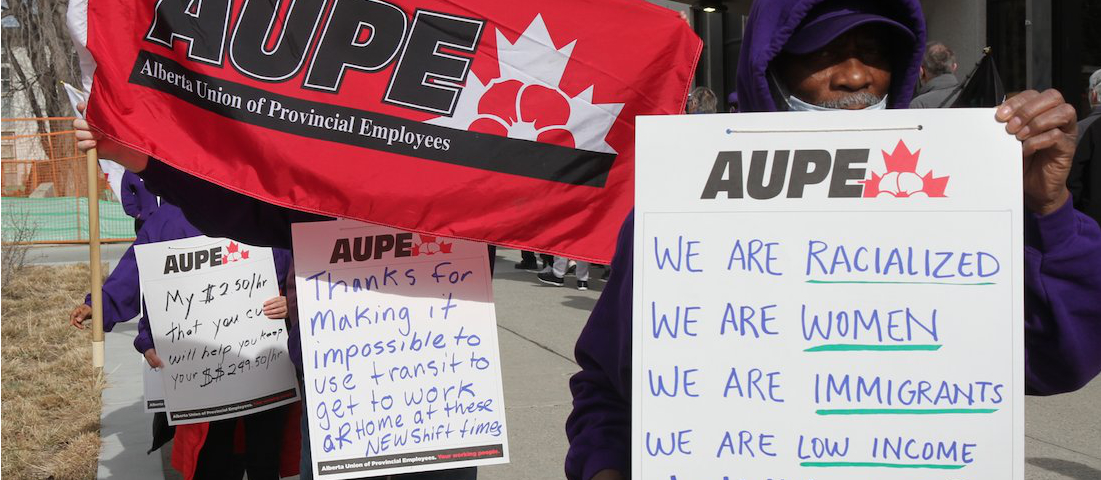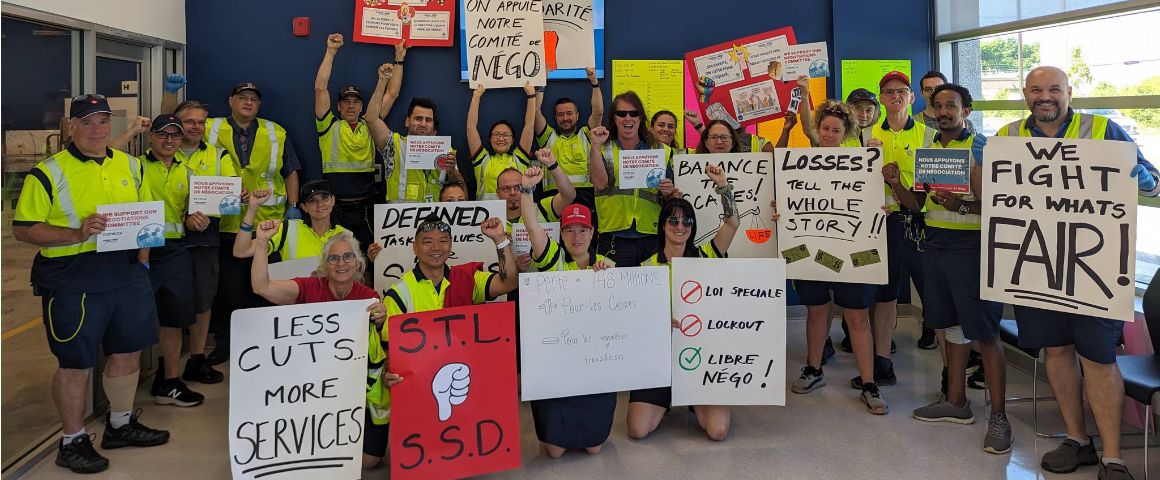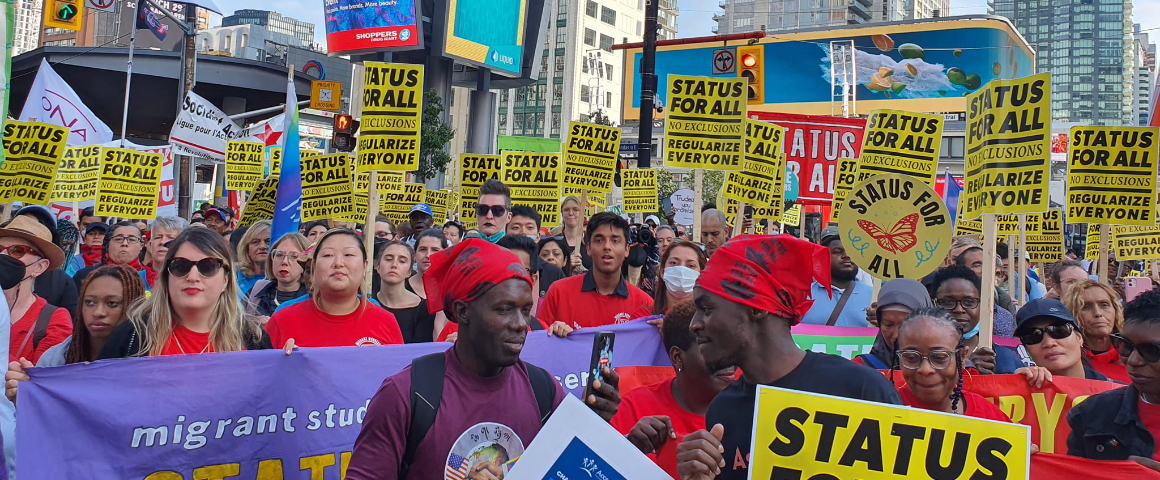PV Labour Bureau
On March 21, 1960 a group of 7000 people marched to the police station in Sharpeville township in South Africa, to protest apartheid “pass laws” which restricted the movement of Black people. Police tear-gassed the peaceful demonstration and then opened fire. There were 249 victims, including 29 children, and 69 people were killed. The police shot some people in the back as they fled.
Six years later, the United Nations commemorated the Sharpeville Massacre by declaring March 21 the International Day for the Elimination of Racial Discrimination.
It is all too easy to think of apartheid as an isolated set of policies. It was, without question, a system which severely repressed the Black majority for the benefit of a white minority. But it must be understood within the broader context of capitalism and how it developed in South Africa and globally.
Similar to Canada, capitalism in South Africa developed on the basis of massive land theft and repression of the indigenous population, combined with settlement by a white population from the European colonial power. Through more than two centuries, capitalism in South Africa relied on institutionalized racism to accumulate immense wealth, coming to economically dominate the continent by the 1960s. This development included the widespread active support of foreign capital, particularly mining.
While corporations made huge profits and white people in South Africa enjoyed a standard of living rivalling the West, the impact on the racialized population was horrific. Black and Coloured workers in manufacturing were paid just 18 percent of what white workers earned, and infant mortality in those communities was 25 percent. The country had the highest wealth inequality in the world – rooted in, and reproducing, racism and capitalism.
As the South African Communist Party said in 1989, “It was within a colonial setting that the emerging South African capitalist class entrenched and extended the racially exclusive system to increase its opportunities for profit. The racial division of labour, the battery of racist laws and political exclusiveness guaranteed this.”
This interrelationship between racial oppression and capitalism, while especially brutal and violent under apartheid, is not unique to South Africa. This is why it is so important that labour bodies across Canada organized and participated in actions on the International Day for the Elimination of Racial Discrimination this year, demanding an end to racism and calling on governments to act for equality and justice.
In Canada, in addition to much higher rates of police harassment and incarceration, racialized people experience a continuing pay gap with racialized men earning just 78 percent of what non-racialized men are paid. The combination of racial and gender discrimination makes the gap even larger for racialized women, who are paid just 59 percent of what non-racialized men earn. This gap amounts to tens of billions of dollars each year, which is stolen from racialized workers to fill corporate coffers and maintain the capitalist system.
Furthermore, racialized workers face systemic barriers to advancement within their jobs. This includes the federal public service, where Black workers have faced decades of exclusion to the point that they occupy just 1.6 percent of executive roles despite making up 3.5 percent of the federal public service. The Black Class Action lawsuit is supported by several union bodies including the Public Service Alliance of Canada.
Racist hate crimes increased by 80 percent between 2019 and 2020, with anti-Asian hate crimes up 301 percent.
Racism crosses class lines but it has long been used by the ruling class to divide workers, pitting them against one another and diverting them from the task of building a united struggle for equality and liberation. This division has too often been reflected within the trade union movement. At the same time, however, there is a strong history of labour leaders who understand the connection between racism, colonization and capitalism, the relationship between exploitation and oppression, the inherent link between fighting for racial equality and struggling for workers’ rights.
Toronto and York Region Labour Council President Andria Babbington spoke to this relationship between class and racialization, at a labour-organized anti-racism rally on March 20.
“When the honk [of the convoys] is happening, I don’t hear a honk against racism, a honk against violence against women, a honk against the hate against healthcare workers who are risking their lives out there, a honk for the Indigenous people that are fighting for their land. I don’t hear that. I don’t hear them honking when it comes to hate in the LGBTQ community. And if they’re not doing any of that, and if they’re not honking when it comes to racism in our community, they’re following the wrong path…
“As a labour council, it’s not just about us fighting for our collective agreements. It’s about us fighting for our community agreements. And the only way to do that is having labour and community coming together and looking at what are the key issues that affect us as union members and also community members, and charge ahead to fight on these issues.”
[Photo: AUPE]
[hr gap=”10″]
Support socialist media!
If you found this article useful, please consider donating to People’s Voice.
We are 100% reader-supported, with no corporate or government funding.




